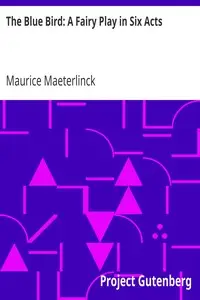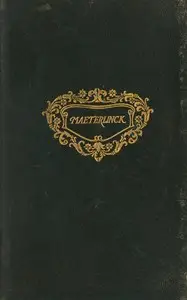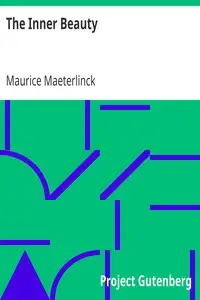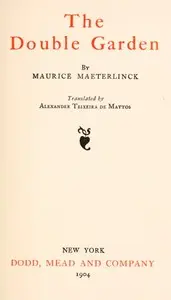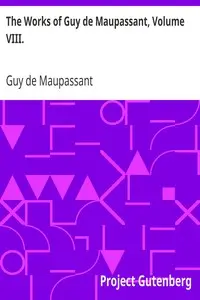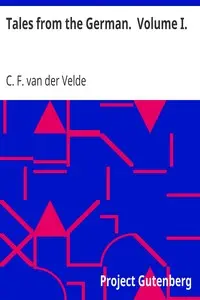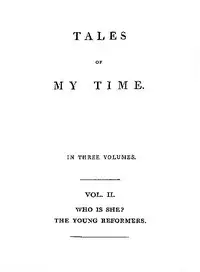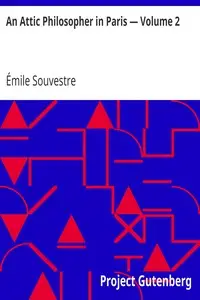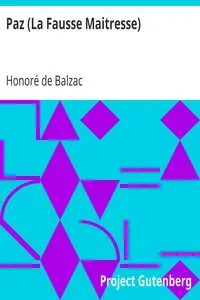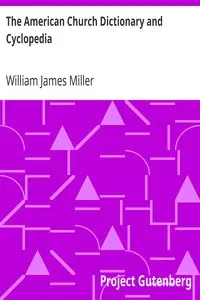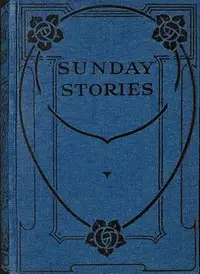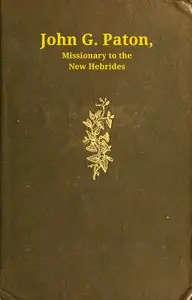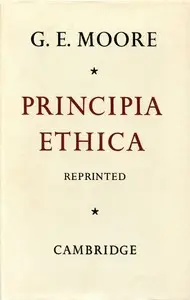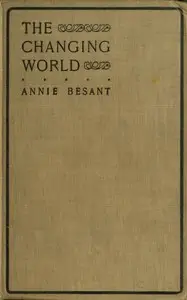"Wisdom and Destiny" by Maurice Maeterlinck is an essay exploring the relationship between wisdom, human destiny, and the pursuit of happiness, written during the late 19th century. This deeply introspective work serves as a philosophical exploration of how love, morality, and the essence of life intertwine with the notion of happiness and fulfillment. Maeterlinck does not present a linear argument but rather offers a series of thoughts and reflections on these themes, inviting readers to engage meaningfully with the complexities of existence. The opening of "Wisdom and Destiny" sets a contemplative tone, revealing Maeterlinck's intent to navigate the intricate layers of human experience. He contrasts the notion of embracing wisdom and love against the backdrop of human suffering and injustice. With references to thinkers and historical events, he emphasizes that wisdom comes from an inward journey, where the understanding of one's experiences—whether good or bad—transforms them into sources of personal growth and enlightenment. Rather than presenting a rigid framework, Maeterlinck's approach promotes a fluid understanding of life, urging readers to consider how love and consciousness shape their destinies, thus establishing a foundation for the exploration of life's deeper truths. (This is an automatically generated summary.)
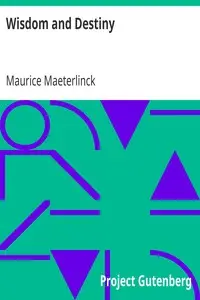
Wisdom and Destiny
By Maurice Maeterlinck
Translation of: La sagesse et la destinée.
Maurice Polydore Marie Bernard Maeterlinck, also known as Count/Comte Maeterlinck from 1932, was a Belgian playwright, poet, and essayist who was Flemish but wrote in French. He was awarded the Nobel Prize in Literature in 1911 "in appreciation of his many-sided literary activities, and especially of his dramatic works, which are distinguished by a wealth of imagination and by a poetic fancy, which reveals, sometimes in the guise of a fairy tale, a deep inspiration, while in a mysterious way they appeal to the readers' own feelings and stimulate their imaginations". The main themes in his work are death and the meaning of life. He was a leading member of La Jeune Belgique group, and his plays form an important part of the Symbolist movement. In later life, Maeterlinck faced credible accusations of plagiarism.

